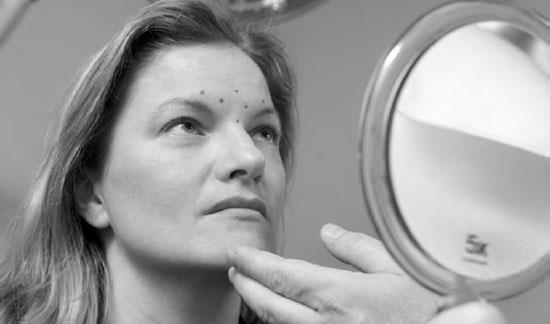In early adulthood the challenges of parenting typically involve taking on the enormous responsibility of day-to-day care of a children. In middle adulthood, however, the parent will need to learn how to let go. If the children are adolescents, the parent will need to offer some supervision to the child, but also allow them a good degree of freedom from parental control. Finding the right balance is a difficult challenge as many adolescents are prone to recklessness and their judgment is far from mature. Allowing their children greater independence can also be a loss for parents, who have devoted more than a decade to the task of child rearing. Parents in midlife need to find areas of fulfillment in their life that are independent of their parenting role. This is to ensure that the parent’s dependence on the parental role does not interfere with the child’s developmental need for greater independence.

One of the cardinal challenges of middle adulthood involves the confrontation with mortality and the loss of the youthful body. Changes in modern technology, such as plastic surgery, collagen injections, and Botox injections, can prolong physical beauty. Over-dependence on such techniques, however, can promote a denial of aging. This in turn undermines the psychological maturity derived from acknowledgment and acceptance of the inevitable limits in life (iStock).

